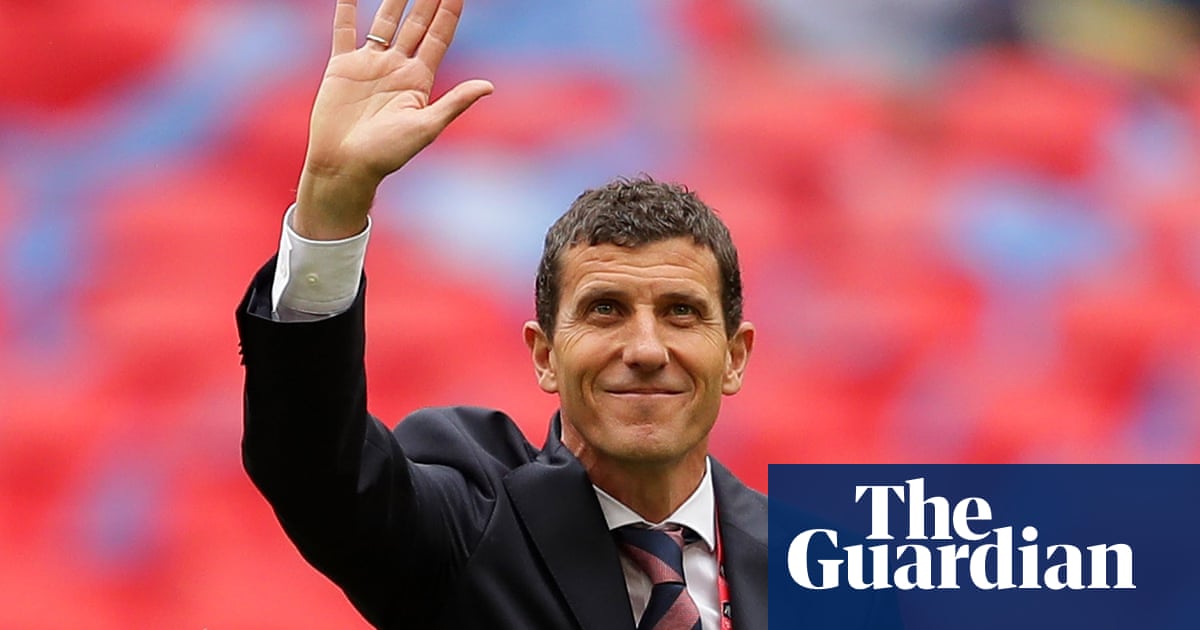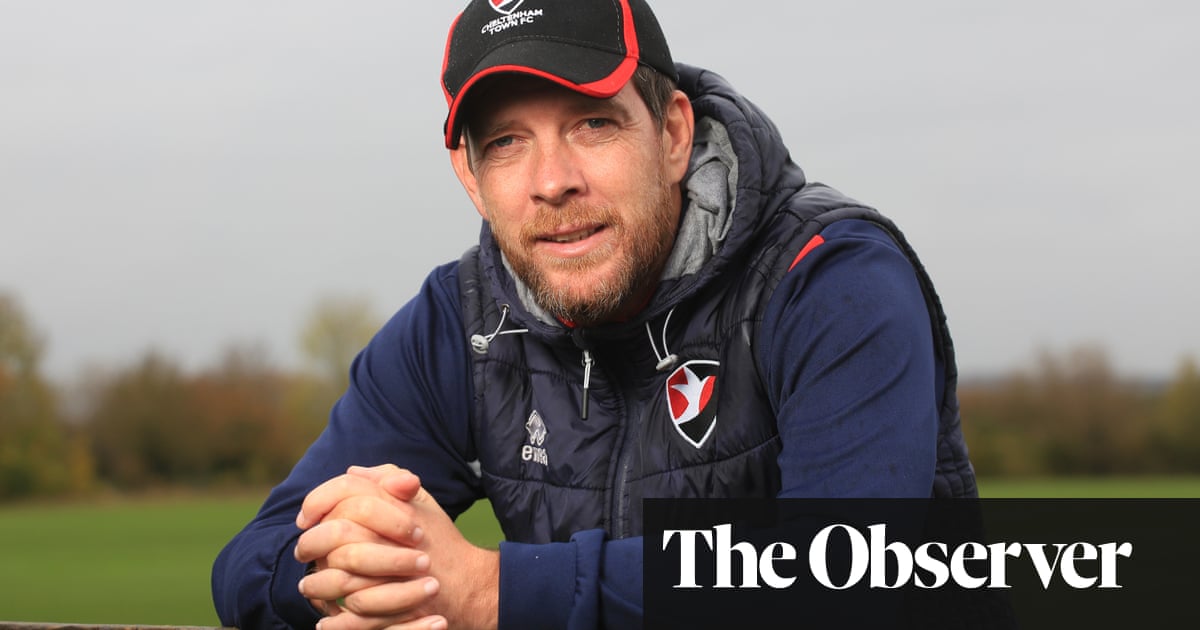
Watford’s new manager walked away from his first senior job because he felt he had failed but everyone else disagreed. The club’s president wanted him to stay but Javi Gracia’s mind was made up. Pontevedra finished top in his first season and the runners-up in his second; the problem was that in Spain’s second division B that is not enough, and both times they were defeated in the play-offs. For Gracia, it was not good enough either so, despite his president’s protests, he left. The following year he took Cádiz up to the second division instead.
Three years later, Gracia took Almería to the top flight but he walked again, although this time he had been pushed too. As one squad member put it bluntly: “He went because he was loyal,” adding, “that’s hard to find in football. Leave for money? Yes. Give up a job in the Primera, for your players? No.”
Almería planned an overhaul, denying players the opportunity they had earned. By standing up for them, believing in them, Gracia denied himself that same opportunity. When he got it, with home club Osasuna, he was relegated. And yet it is equally hard to find anyone who blamed him.
“I came out of a meeting [with Almería] knowing I wouldn’t carry on,” Gracia said. It was the classic case: reach the first division and start over again, assume the players who got you there cannot keep you there. “Maybe teams have to value what they have more and give players protagonism, but sometimes they think it’s not enough,” Gracia said. “Sometimes there are delusions of grandeur.”
That is not an accusation ever leveled at him. Talk to him, listen to what he has to say, in a quiet, even voice, and it is impossible not to be impressed, though he says he is “nobody to hand out lessons” and there is not a trace of arrogance. Straightforward, sincere, rational – Alberto López talks about him being “normal … but in this sport where so much gets twisted, nothing is normal.” It is a recurring theme from those who know him and immediately apparent when you meet him.
Alberto, like Darko Kovacevic, played with Gracia at Real Sociedad. “We talked about football mucho, mucho, mucho: we would analyze it,” Alberto says. Kovacevic adds: “He was always talking, correcting, organizing. He understood the mechanisms, tactically he was sharp, a leader. Sometimes, like with Diego Simeone who I played with at Lazio, you know they have something. Javi had that. I have a lot of faith in his ability.”
Ricardo Sá Pinto, another former team-mate, agrees. “There is one thing that surprises me: he’s not someone who moans, who would seek conflict. There’s an educational element to coaching and you come across players who think they know it all, who you tell 30 times and eventually you have to be hard with them. I didn’t see that in him. But in a world that’s not logical, without balance, he was balanced and that can help.”
Marcelino Torrontegui laughs. “Torron” works with the medical staff at Málaga and is close to Gracia. “He doesn’t lose it in good times or bad,” he says, “but I can assure you he doesn’t hold back one little bit. I’m telling you. Not. One. Bit. He’s got character. When he has to turn the screw, he turns it.”
Besides, Sá Pinto insists: “He was always very competitive, he liked to train, to understand why we did things. He was sharp, attentive and had a huge passion for football – and that’s the most important thing because otherwise you won’t have the patience to deal with all the things this sport demands of coaches.”
Gracia says: “Football is my life and my passion.” He arrived at Málaga at a time of readjustment, assets sold off and players leaving, turning to young players. Relegation was a threat but he was calm, rational, and his team were a revelation, especially against bigger clubs. No one had a better record against Barcelona, something he explained with the clarity and conviction that characterizes him. “The key? Work, work, work,” Torron says. “He was methodical, incredible. Hours and hours and hours.”
“He had one thing above all: a plan,” says Estebán, his goalkeeper at Almería. “He was very clear tactically. You always knew here your team-mate was and he got the best from everyone. He focused less on the errors we made than on the solutions he could find. All my ‘clearances’ would reach Soriano. People watched and thought it was lucky but it wasn’t luck. I didn’t know Javi at all before and I was hugely impressed.”
Others have been too. There was a reason Málaga came to him immediately after he had been relegated with Osasuna and why Sevilla approached him following a disappointing ninth-place finish at Rubin Kazan. A reason too why Watford wanted him. Asked if he would coach in England one day, Gracia once replied: “Hopefully.” He already spoke some English, which he used in Russia, and his kids were in an English school. “The feeling towards football in England is lovely,” he said. “I’d like to experience that. It’s attractive.”
That feeling matters. “You need fans to identify with you, for there to be a synergy,” he said. “That fans feel like participants. That’s the ultimate aim of a football team. Winning in any [old] way, without a sense of conviction, is not a full happiness. You feel a little empty. Look, we’re professionals and above all we want to compete but that’s where satisfaction, true satisfaction, comes from. There has to be something more.”The Guardian Sport











